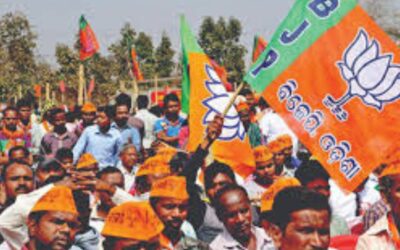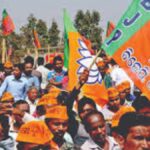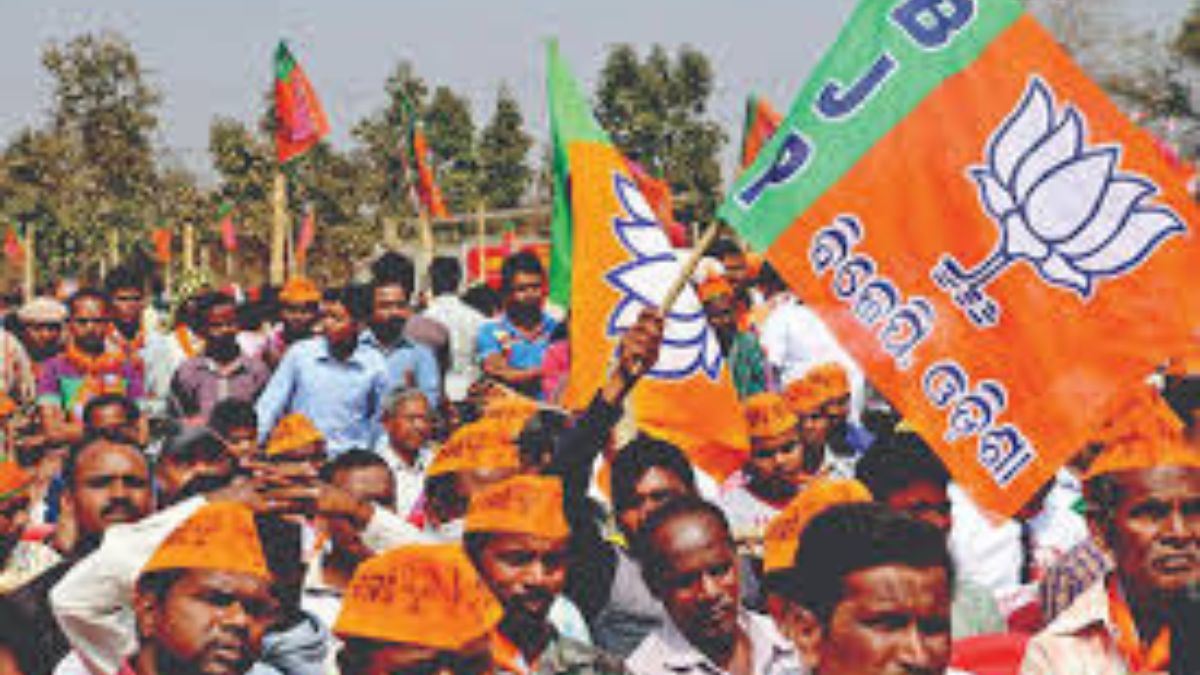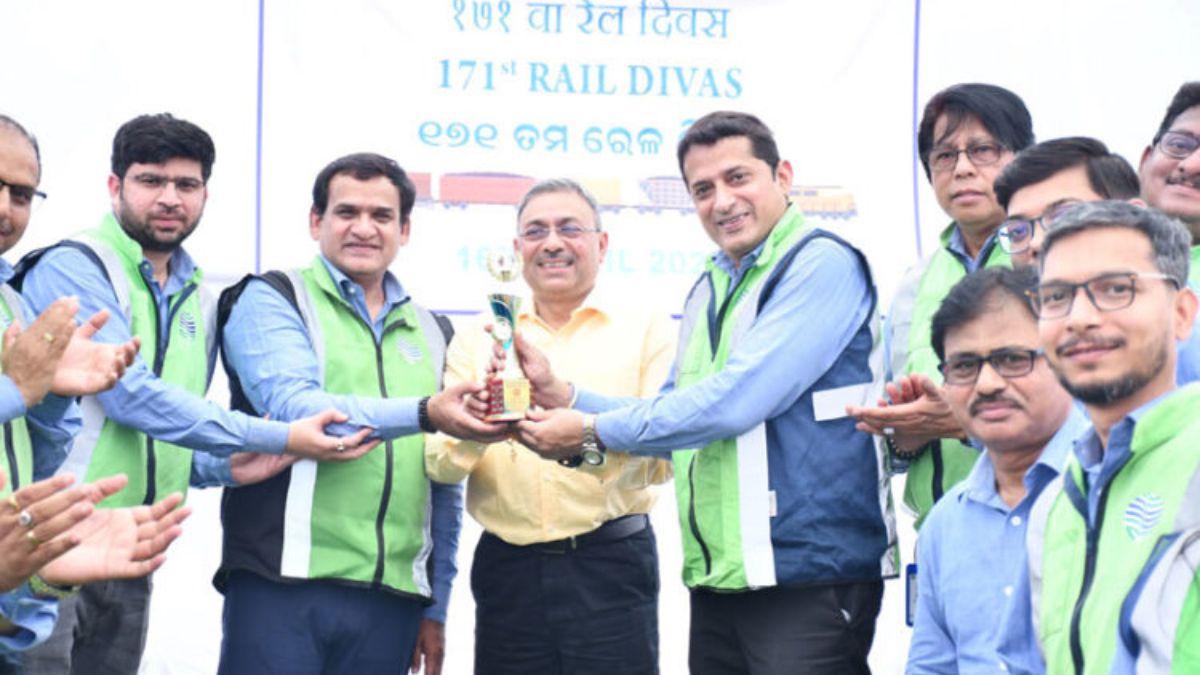Angul Houses 3000 Transgender Individuals, 2nd Highest In Odisha
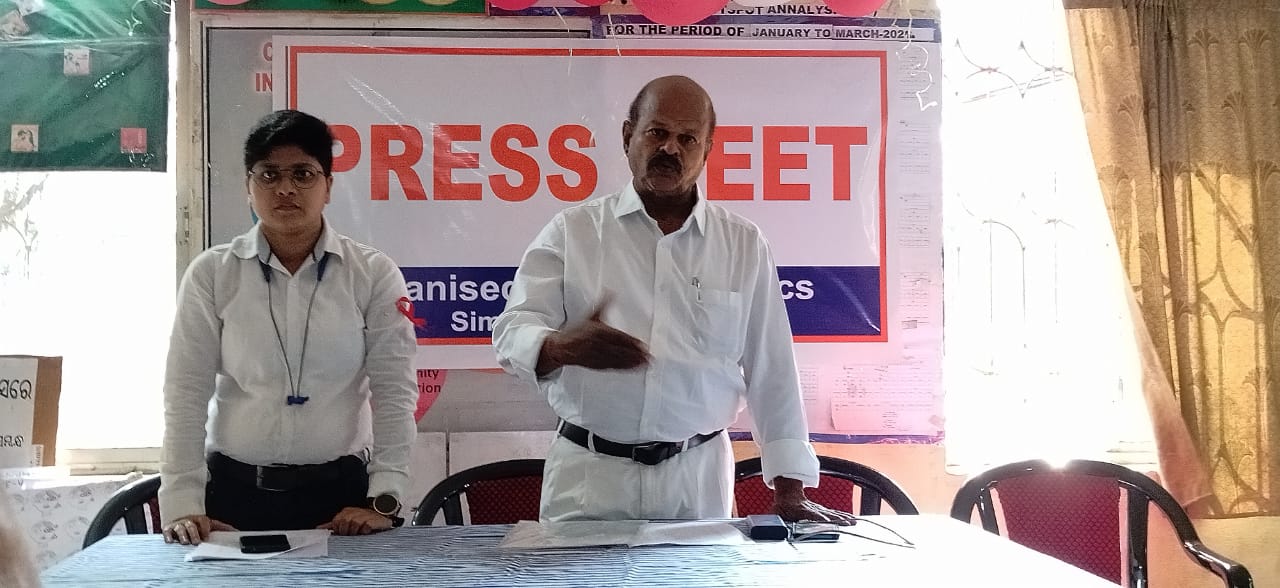
- By Biswaranjan Pattnaik
Angul: Angul district has the second-highest third-gender (transgender) population in Odisha. Currently, more than 3,000 third-gender individuals are identified in the district. While many of them become HIV positive due to unsafe sexual practices, almost all of them face challenges in the social and health sectors, leading to distress in the community.
On the occasion of World AIDS Day, a press conference was held in the district headquarters, where Dr. Dillip Samal, the managing director of the voluntary organization The Medics, highlighted the positive initiatives taken by the organization for the management and control of HIV-positive people in four blocks of Angul district over the last decade. In Angul block 483, in Talcher 475, in Banrapal 384, and in Chhendipada block 207, people have been identified as HIV-positive.
The district has significant industrial activities, and there is a proposal for a new coal mining project in the district. In light of this, there is a greater probability that HIV/AIDS prevalence will increase. Measures are being taken to identify and provide appropriate livelihood support to transgender individuals, along with the inclusion of individuals with diverse social welfare programs such as Madhu Babu Pension scheme, ration cards, etc. Additionally, efforts are being made to integrate them into mainstream society through increased awareness at the school and college level, the opening of more blood tests, and counseling centers at schools and colleges.
According to District AIDS Prevention and Control Committee (DAPCC) during the past seven months, 87 men, 32 women, and 4 children in the district have been identified as HIV positive, and 35 of them have succumbed to the disease. To tackle the AIDS epidemic effectively, it is crucial to continue and strengthen the control measures taken by the AIDS management project.
As part of their awareness and health service programs, the DAPCC in Angul district has played a crucial role. Dr. Samal emphasized the need for more awareness and increased staffing in the health service sector to effectively control the AIDS epidemic. Intellectuals have urged for district administrations further intervention and help in this regard.
Among others Itishree Aparajita Patra, project manager of The Medics was present on the occasion.

